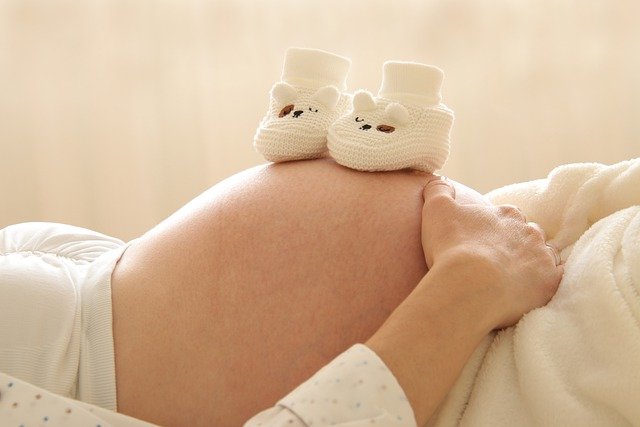Coronavirus has impacted each circle of life all around the world.

It has prompted gigantic social, financial, political, and medical care changes the whole way across the globe.
Many individuals are confronted with passionate difficulties to manage this evolving situation.
As lockdown was forced the nation over by end of March in 2020, all the fertility treatment ground to a halt to submit to the public and global rules.
The American Society for Reproductive Medicine (ASRM), ESHRE (from the European Society of Human Reproduction and Embryology), and the International Federation of Fertility Societies (IFFS) delivered their announcement prescribing to end the fertility treatment at the start of April.
During this time the focal point of medical services offices was to manage this crisis and all medical services assets were redirected to diminish the spread of COVID-19.
In India, a joint assertion was delivered by public fertility social orders supporting the global rules and recommended keeping ripeness treatment suspended.
This prompted a blended passionate reaction among the couples wanting to go through fertility treatment.
An overview report showed close to half (52%) of the couples differ that fertility treatment ought to be suspended during the COVID-19 pandemic discoveries are practically by ASRM review wherein, just 5% of patients felt that demonstrative methodology, for example, hysterosalpingogram ought to be dropped and just 36% were in understanding for cancelation of all fertility treatment.
Of the multitude of respondents, the greater part (49%) felt they are prepared to begin the fertility treatment during this period of a pandemic.
In the ASRM review, practically 82% of respondents said they would like to begin treatment under the direction of their primary care physician.
Of the respondents who replied about the impact of COVID-19 on pregnancy and fertility, the greater part didn’t know about the impacts.
This shows the need for more medical services mindfulness programs, particularly for this exceptional gathering.
Albeit right now, the information about the drawn-out fetal impacts of COVID-19 is restricted, we want to impart this information to our patients so they can settle on an educated decision to choose about the fertility treatment in the current situation.
Although the most recent update ESHRE expressed that any danger of viral tainting to gamete and undeveloped organisms in the IVF lab is probably going to be insignificant on account of the continued washing steps needed for the way of life and freezing conventions.
In any case, as this is developing and the top-notch proof is absent right now, it is hard to offer the last remark on this.
It needs to make patients mindful with regards to this restricted information in the current situation.
Practically 40% of reviewed patients didn’t know about the impacts of COVID-19 on pregnancy.
So far COVID-19 contamination in pregnancy has been shown to act like everyone, taking everything into account.
Mothers should know about the exceptional requirements of pregnancy, insusceptible modifications in the antenatal period, and the proof accessible up until now, so they have the best accessible information in regards to COVID-19 and pregnancy.
Shockingly, six of 75 respondents (8%) imagined normally while hanging tight for the fertility treatment during the lockdown time frame.
Comparative perceptions have been accounted for by a few other IVF specialists too who had detailed an observable ascent in normal origination rates during the lockdown time frame.
One IVF clinician, on May 18, announced nine instances of regular origination among couples who couldn’t finish the IVF cycle because of lockdown during March-April.
This might be a direct result of families being near one another, less business-related pressure, more spotlight on individual wellbeing, and improvement in diet and natural contamination during the lockdown time frame.




